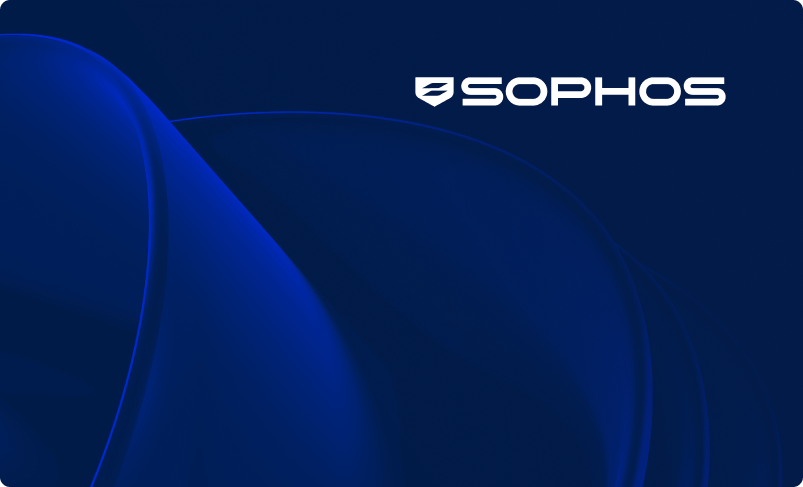STMicroelectronics reveals a new global-shutter image sensor
STMicroelectronics, a global semiconductor leader serving customers across the spectrum of
electronics applications, is enhancing smart computer vision with its latest
global-shutter image sensor. The global-shutter sensor technology is
particularly useful for capturing distortion-free images when the scene is
moving or when near-infrared illumination is used.
“Our new global-shutter image
sensor provides superb resolution in an extremely small die suitable for
use in equipment like smart glasses and AR/VR headsets. It’s also well suited
to personal and industrial robotics and smart-home devices. All these applications
benefit from the sensor’s high performance, small size, ultra-low power
consumption, and optimized cost,” said Alexandre
Balmefrezol, Executive Vice President, Imaging Sub-Group General Manager,
STMicroelectronics.
The sensor is small, measuring just
2.7mm x 2.2mm, and has a native resolution of 800 x 700 pixels. Its low power
consumption means it can be used with smaller batteries, and its imaging
performance is exceptional, with high contrast and superior image clarity.
The sensor also offers event-like
image streaming, making it ideal for eye-tracking and other motion-estimation
use cases.
Technical Information
Completing ST’s specialized sensor portfolio, the VD55G1 global-shutter
sensor leverages the Company’s advanced process technologies that enable a
class-leading 2.16um pixel size, high sensitivity, and low crosstalk. Together,
the innovations in silicon process technology and pixel architecture minimize
the sensor pixel array area on the top die, while maximizing digital-processing
capabilities and features on the bottom die.
ST’s advanced pixel technology uses
full Deep Trench Isolation (DTI) while optimizing performance through the
combination of low Parasitic Light Sensitivity (PLS), high Quantum Efficiency
(QE), and a low noise architecture.
The device is I3C-controlled for 10x
faster communication, and embeds multi auto-exposure, high-framerate operation,
flexible tone mapping, multiple context switches, and much more.

































Leave A Comment